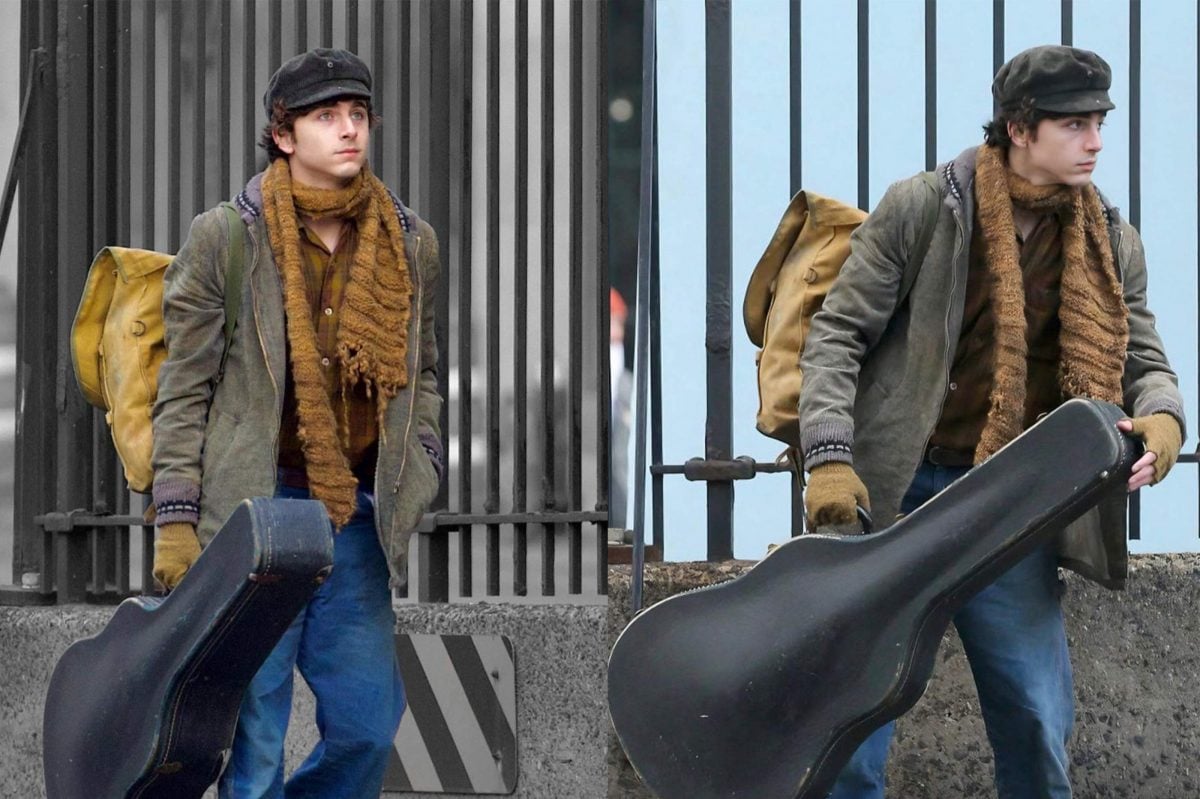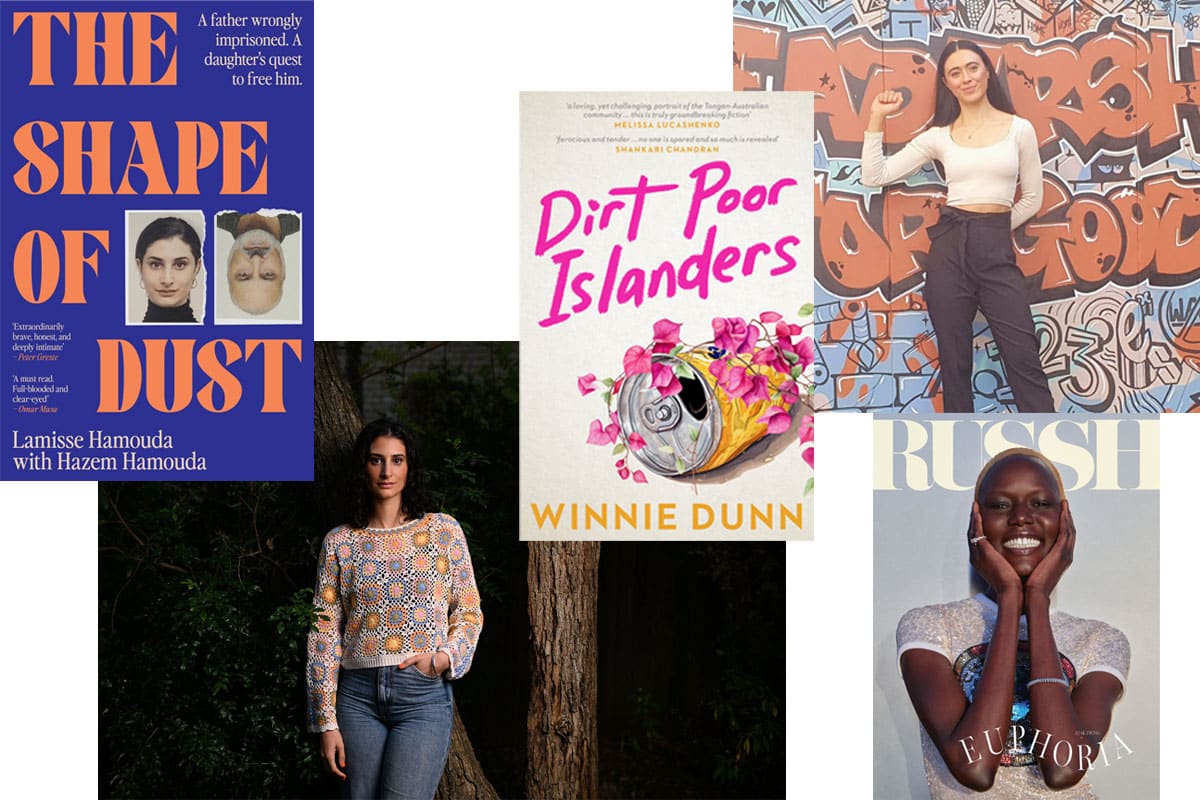
There is power in storytelling.
Original creation is a pathway for shared experience, diverse learnings and social progress. A way to document and share history, storytelling is integral to our society. As a platform for creative minds, RUSSH is driven to nourish our creative community. It is the ethos behind our Literary Showcase, a way for us to support and champion emerging writers.
Entries into our Literary Showcase will be judged by three established storytellers: Winnie Dunn, Tongan-Australian writer and General Manager of Sweatshop Literacy Movement; Lamisse Hamouda, youth worker, workshop facilitator and writer of The Shape of Dust (Pantera Press, 2023); and RUSSH Publisher and Editor-in-Chief Jess Blanch.
We spoke with our panellists on what inspires them, what they see as the biggest challenges in the writing and creative industries and, of course, their favourite books.
The Literary Showcase is accepting entries from Australian writers from women and under-recognised groups until 25 March. Find our more about the prizes at the entry page.
Winnie Dunn
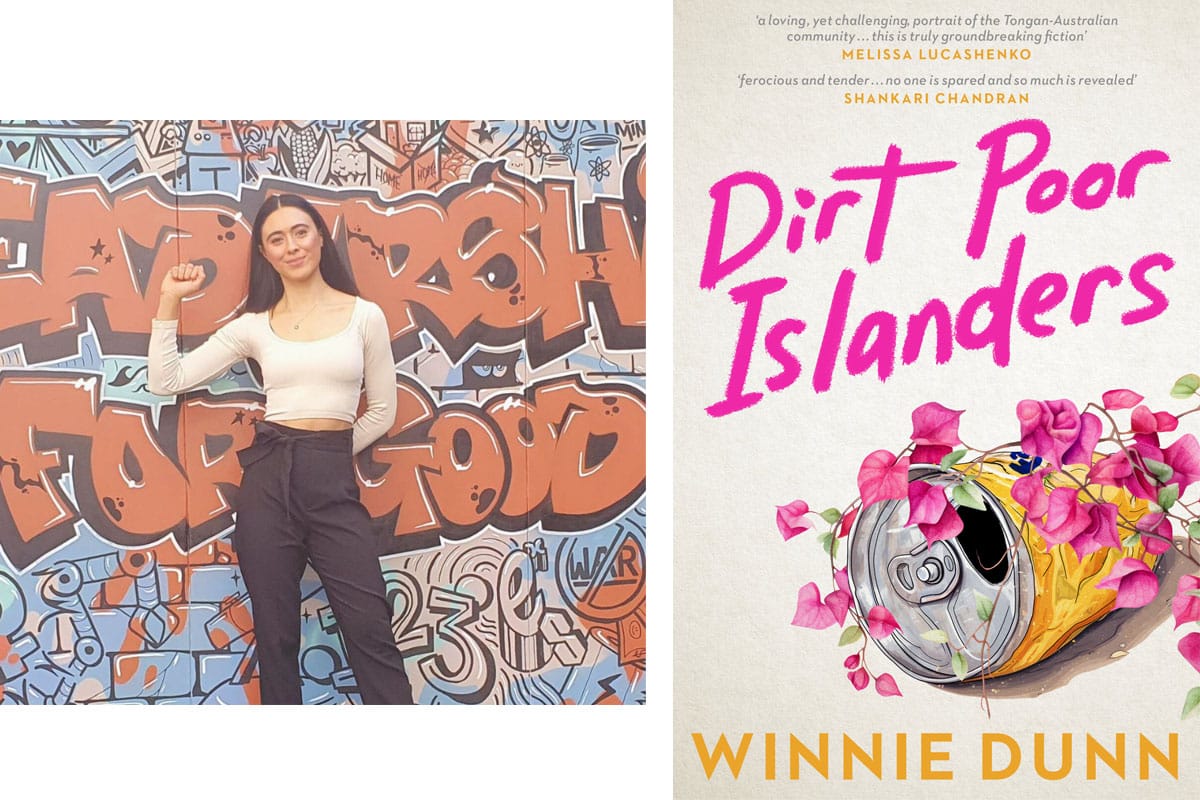
We’re excited about your upcoming book, Dirt Poor Islanders? Can you tell us about it and the process of publishing it?
A mixed-race Tongan-Australian girl, Meadow Reed, comes of age within the heat hummed streets of Sydney’s poorest suburb – Mount Druitt. Through this, she must learn to piece together the fragmented parts of her life: being hafekasi (half-Tongan and half-White), the blended nature of her family of full, step and half siblings, and understanding what it means to have many mothers. All the while, Meadow is compelled to read, to write, to listen and to discover more than she’s ever meant to know as a dirt poor Islander.
I based this book on my personal and lived experiences as a Tongan-Australian growing up in Mount Druitt. To date, the only representations of Pasifikas have been in the realm of rugby league, true crime reportage and, most infamously, Chris Lilley’s minstrel mockumentaries Summer Heights High and Jonah from Tonga.
Through the publication of Dirt Poor Islanders, I desire to change these stereotypes and reveal the true beauty and complexity of my misrepresented community.
What are you currently reading?
The English translation of the Qu’ran. Ramadan Kareem, especially to the Muslims whose faith and love positively transformed my life.
What is your favourite Australian book?
Whenever I want to kick it back Western Sydney style, I hang out with a Funny Ethnic named Shirley Le. The way Le tracks Sylvia Nguyen’s journey from 90s drug-fuelled Yagoona to awkward Tinder dates in the 2010s! Her writing is just chock-full of metaphorical delight and hyperbolic originality. A must read!
Which literary character do you identify with the most?
None unfortunately… there was no one that looked or sounded like me in any books I read as a child from Harry Potter to Tomorrow When the War Began. And the representation I did have was traumatising! Seeing Anglo-Saxon comedian Chris Lilley donning an afro-wig, brown face paint and a thick accent to play a “Tongan” named Jonah absolutely devastated my sense of self.
Hopefully books like I Am Lupe, King and even my own humble novel can uplift and inspire the next generation of Tongan-Australians and Pacific Islanders more broadly.
Tell us about Sweatshop. What inspired you to join this movement?
Sweatshop Literacy Movement was founded in 2012 by Dr Michael Mohammed Ahmad. I joined in 2016 and became the general manager in 2017.
Sweatshop draws its values and strength from the teachings and philosophies of the late African-American scholar and intersectional feminist, bell hooks, who argued: “All steps towards freedom and justice in any culture are dependent on mass-based literacy movements – because degrees of literacy determine how we see what we see.”
Western Sydney is home to over 2.6 million people, making it the most densely populated and diverse region in Australia. Unfortunately, the First Nations, migrant and refugee communities of Western Sydney have historically been represented in a negative light. As one of Australia’s leading First Nations and People of Colour-led (FNPOC) literary organisations, we founded Sweatshop in order to bridge the gap between diverse Australian writers and general Australian readers on a national scale.
How can emerging writers get involved with Sweatshop?
Read Bad Writer, and if you still think you’re a bad writer reach out to us.
Who inspires you? Who are your role models?
When I need solace in spirituality and romance, I turn to All About Love: New Visions.
On the days I need to remember my commitment to writing, editing and literacy activism, I open up Teaching Critical Thinking: Practical Wisdom.
If the men I care for ever fall short in their feminist journey, I revisit The Will to Change: Men, Masculinity and Love.
To empower my inner-child, I look no further than Talking Back: Thinking Feminist, Thinking Black. May the inspirational bell hooks rest in power.
What book do you always like to gift?
In real ethnic hospitality ways, any time a visitor drops by the Sweatshop office in Parramatta they always end up leaving with copies of Sweatshop Women: Volume One and Sweatshop Women: Volume Two. They’re Australia’s first anthologies entirely written, edited and designed by women of colour – so please excuse the fact I show it off like a proud mum!
What do you think more people need to know about breaking down barriers in creative fields in Australia?
First Nations, migrant and refugee communities in Western Sydney – as well as equally diverse communities throughout Australia – have often struggled to find adequate and equitable artistic representations in the Australian arts sector. To date, less than 20 percent of Australian books are about and or written by people from First Nations and POC background.
That’s why it’s always been important to let us have control of our own narratives, to let us learn the craft of creative writing, to let us research the traditions of our own cultures. Such a self-determined act can only lead to equality and justice.
If you could talk to your younger self, what advice would you give her?
People often ask me how my family feel about writing a story based on my own life. My response is that my late-birth mother, Mafile’o Theresa Helen Dunn, left a diary for me. With wide, curly and often messy handwriting, Mum filled out each page with her life and love. I wrote Dirt Poor Islanders because my mother, who died when she was 27, never got the chance to.
In this way, I don’t need to give myself advice. Every day, my mum secures me with her words from beyond the grave: “Winnie, I hope that one day you will be reading this when you get older because I want you to know everything we did. We love you so very much and I hope that you are happy with us always.”
Lamisse Hamouda
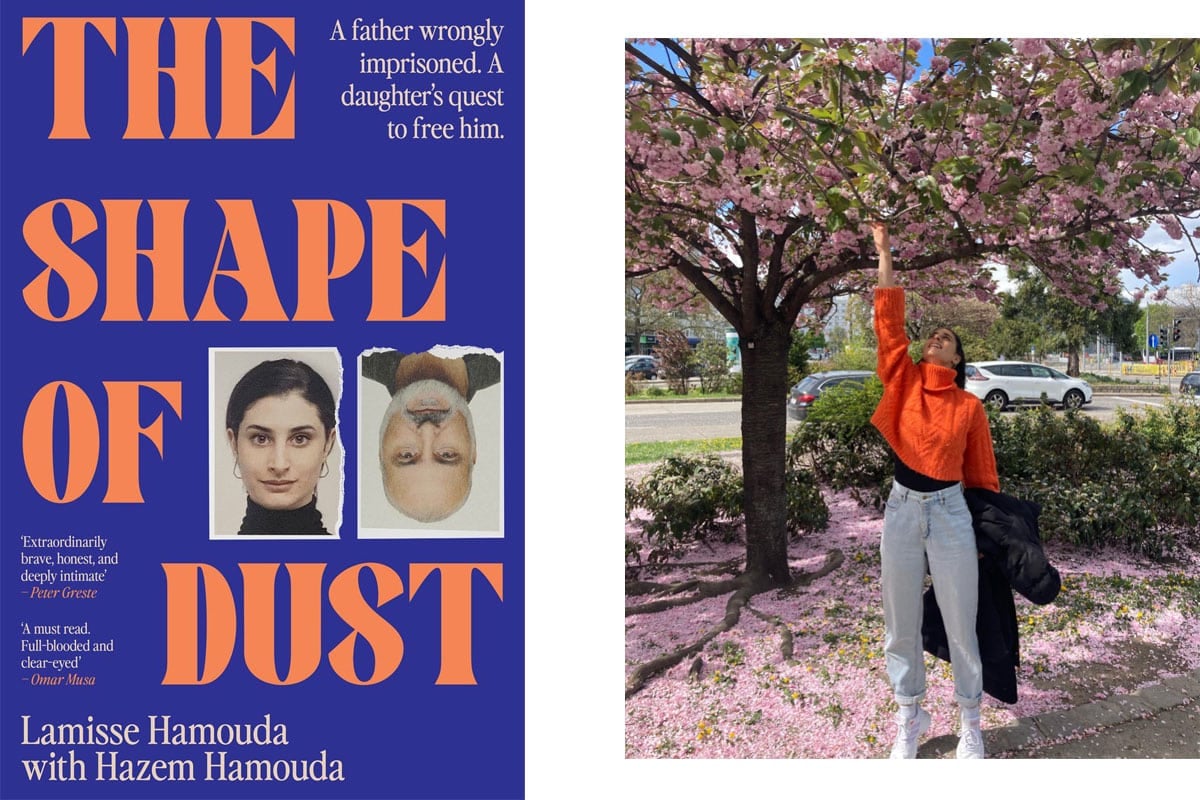
What are you currently reading?
How To Read Now by Elaine Castillo.
You’ve published your first book, The Shape of Dust, which is based on real events. Was it a challenge for you to delve so deeply into your own experience? What was the process like?
Yes, it was challenging – like walking into a dark storm drain without being able to see the end.
It was mucky, messy and I didn’t always know where I was going. I dug into myself so deep, the introspection was painful and visceral. So much of the writing was intertwined with healing; of broken memories coming together, and of repressed memories coming out. Because of this, I had months where I couldn’t write, and other months where words poured out after an emotional/psychological breakthrough.
Throughout the process, I had a lot of conversations with my publisher about what to keep for myself, and what to keep in the manuscript. It was quite an intimate process, as my publisher and editor read my raw, unedited early drafts to offer supportive guidance. They never told me how to tell my story but imbued me with trust that deep down I knew, and would know, what I wanted to write.
What was it like co-authoring a book with your father?
The collaboration was both challenging and rewarding. Dad and I fought, cried together, laughed together, debated events, and teased out memories together. Overall, I’m grateful the book produced a beautiful opportunity to have frank, healing conversations with dad.
It’s been a wonderful thing to be able to support my father to tell his story, to carve out some space for his narrative to exist. Our migrant parents – who’ve sacrificed so much for us – rarely get opportunities to share or be recognised in their experiences. As their children, we’re always claiming the space to tell our ‘diaspora stories’ but we’re only the second book in a series started by them. If our parents have the inclination to share, then those of us who are storytellers can use our skills to help them tell their stories. So yeah, I encourage more people to enter co-authorships with their loved ones!
What is your favourite Australian book?
Another Day in the Colony by Chelsea Watego.
Having established yourself as a published author, what do you think are the biggest challenges and barriers to entering writing here in Australia?
Networking, knowing how to navigate relationships in the publishing industry, understanding agents, contracts, and knowing your rights and responsibilities as an author/writer before you sign a contract. So many writers are focussed on craft and getting that first manuscript together, but we also need to know the business that carries our hard work into readers’ hands.
I think demystifying the publishing industry, and educating emerging writers on the business side of writing, is crucial to moving through the challenges of becoming an author.
What is the book that changed your life?
The Famished Road by Ben Okri.
Who inspires you? Who are your role models?
Arab women who’ve carved space into Western literary scenes, who’ve spoken up and back to power, write beautiful, heart-pounding stories and poems, all while gripping onto love and joy: Susan Abulhawa, Sara M Saleh, Randa Abdel Fattah, Hala Alyan, Zeina Hashem Beck… the list goes on.
How has your experience as a youth worker in trauma-informed care shaped your perspective as a writer?
There are so many ways trauma-informed care has fundamentally shaped how I approach myself, my writing, my readers, and my workshops. A crucial one is PACE, which stands for Playfulness, Acceptance, Curiosity and Empathy. It is a practice that aims to make a child, or young person, feel safe. I have an inner child who needs to feel safe, alongside an adult me who also needs to feel safe… and so do you.
Another one is felt safety; a safe space cannot be named; it must be felt. For it to be felt, it must be experienced. Most importantly, it is a relational experience. I could have the most beautiful classroom with incense and soft lighting and gentle music, but if you do not experience your relationship with me as a facilitator as ‘safe’ no amount of incense will change that.
My simple non-mathematical formula is: No felt safety = no vulnerability / no vulnerability = no creativity (and no writing). To write freely, we need to feel safe in our vulnerability, and that includes feeling safe within ourselves, and with each other.
What Australian book do you think everyone should read at least once?
Everyone needs to read Chelsea Watego’s book to earnestly, and genuinely, engage with Indigenous expertise and knowledge. I also want everyone to read Susan Abulhawa’s book, Against the Loveless World.
What do you wish more people knew about the writing and creative industries in Australia?
Leave the door open behind you, I wish you knew that there is more than enough for us all.
Jess Blanch
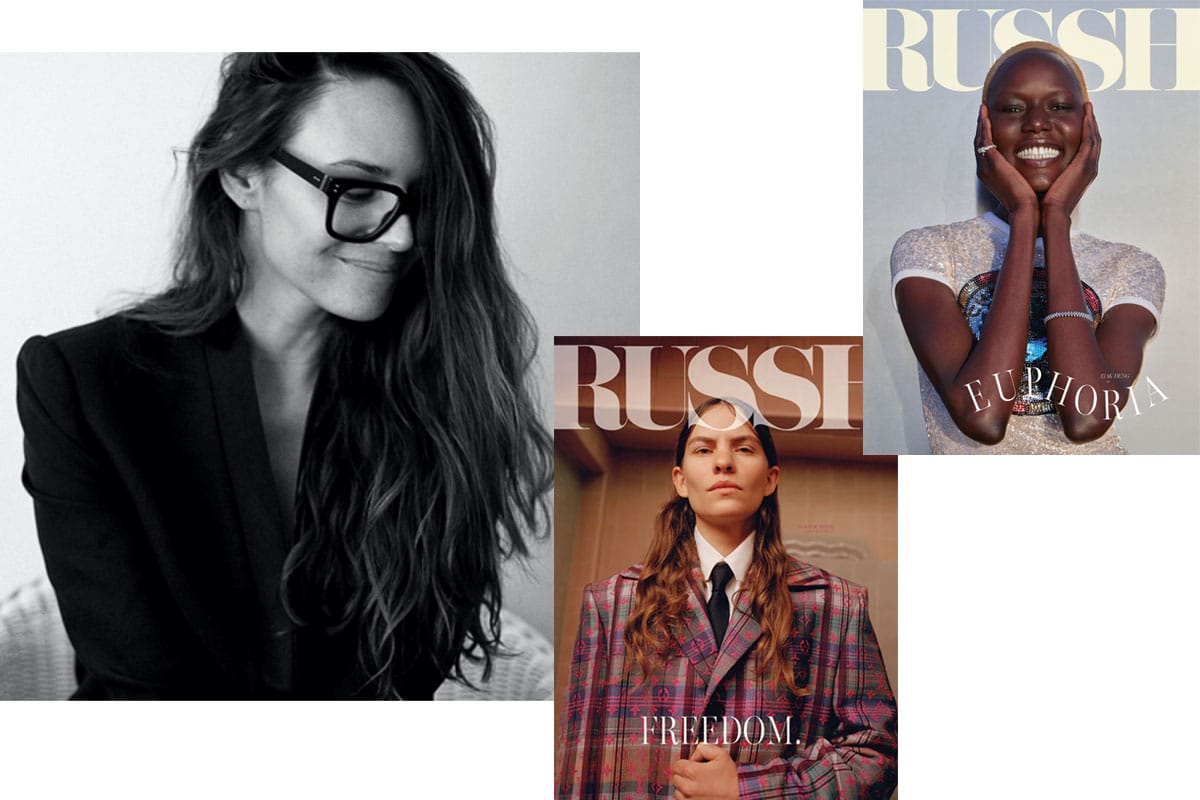
What is your favourite book?
Helen Garner's Monkey Grip was the first time I saw through an Australian writers eyes a life that I didn't know, but would eventually come to recognise. It was a coming of age book for me; found on my parents bookshelves and discovered in somewhat secrecy.
RUSSH turns 20 this year. What continues to inspire you and the vision for the RUSSH Literary Showcase?
My bookshelves are filled with tomes that have appeared on every The New York Times bestsellers list and a catalogue of works from every iconic American and English female authors, even Italian… I have nearly every Natalia Ginzburg ever written, but my library of Australian authors brings me great shame.
Nourishing the creative community – especially the Australian creative community – is at the heart of RUSSH. For me, it has always been about platforming creative talent, the people who make our society richer.
As an initiative to mark the beginning of our 20th year of Australian, independent publishing we are launching our first (hopefully of many) literary showcases to use our platforms and community to create exposure for emerging writers from unrecognised groups.
As RUSSH is a platform for creative minds, why do you think nurturing emerging talent is so important?
While we have published the works of many Australian female and non-binary writers over the years we have done so not being fully aware of the intense lack of exposure for Australian writers from these unrecognised groups, and in by not identifying this I have been a huge part of the problem.
The arts and creative industries are absolutely integral to our culture and growth as a society. If we do not champion emerging talent – especially talent from under-recognised groups – we will all suffer as a consequence.
How do you think we as a society can encourage more creatives to establish themselves as writers in Australia?
2021 was the first time in a century that the five bestselling books in a calendar year were all by Australian authors, only one being by a woman.
Even in the case of an Australian author having international success, Shelley Parker-Chan’s She Who Became the Sun topped the Sunday Times bestseller list and won awards for LGBTIQA+ literature. Most of my book club friends here in Sydney had no idea she was an Australian author.
While there has been huge growth and a push in the Australian publishing industry and significant organisations such as the Stella Prize advocating for Australian women and non-binary writers to support greater participation in the world of literature, the media needs to make the space.
What book is your favourite to give as a gift?
Too Much Lip by Melissa Lucashenko.
A Stella Prize and Miles Franklin award winning book, it is essentially a novel about Aboriginal trauma, written with such wit and comedy you will never fail to recognise or forget the characters. Kerry Salter "Too much lip, her old problem from way back" is deeply funny and as Australian as I can ever imagine.
What advice would you anyone wanting to champion more diversity in creative fields?
The next time you are about to buy and recommend the new Deborah Levy or Sally Rooney, think to also purchase and share a book by an Australian female or non-binary writer.
This project has been made possible by CHANEL.
CHANEL is committed to continuing the artistic patronage initiated by Gabrielle Chanel. Gabrielle Chanel was never without books. They added to her life; they filled her life. It was from literature that she undoubtedly drew the strength to accomplish her work as a designer. It was literature that undoubtedly drove her to invent an allure that is eternal yet inscribed in perpetual modernity.



